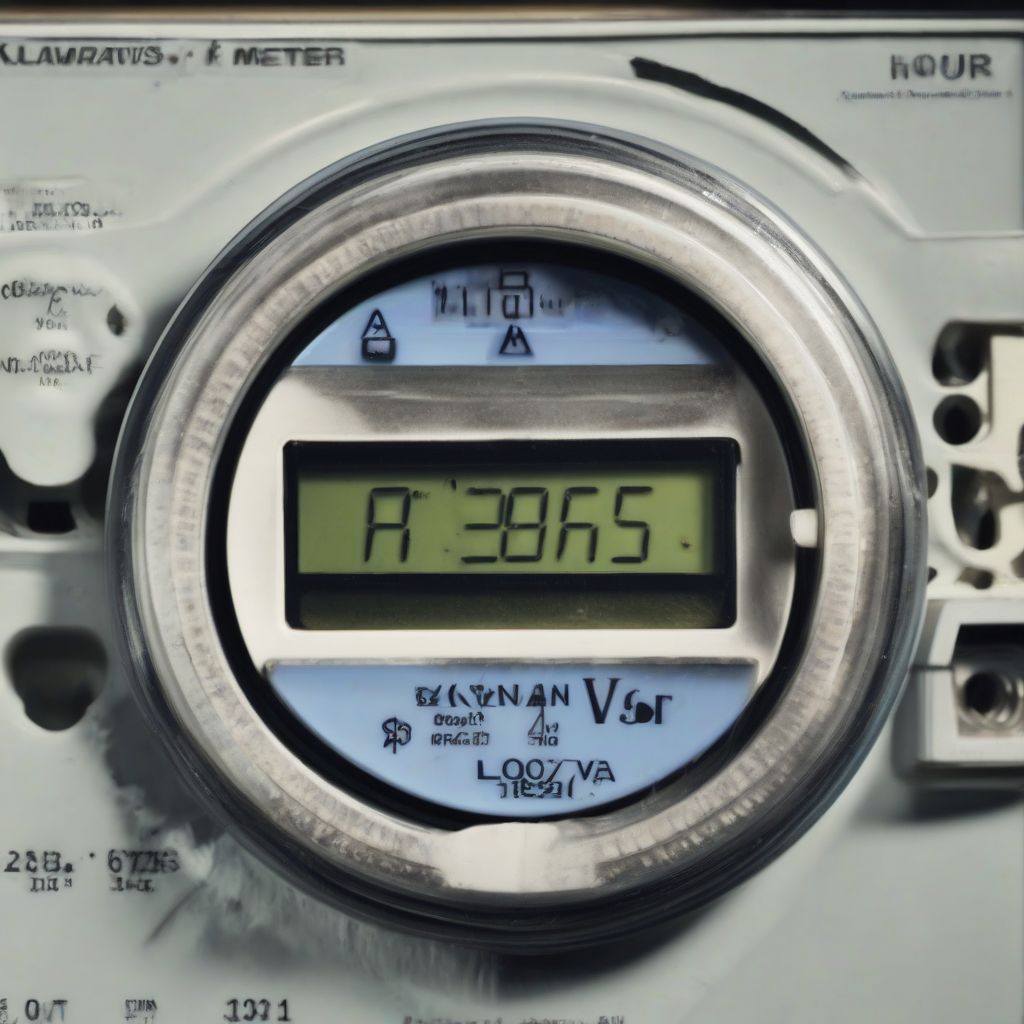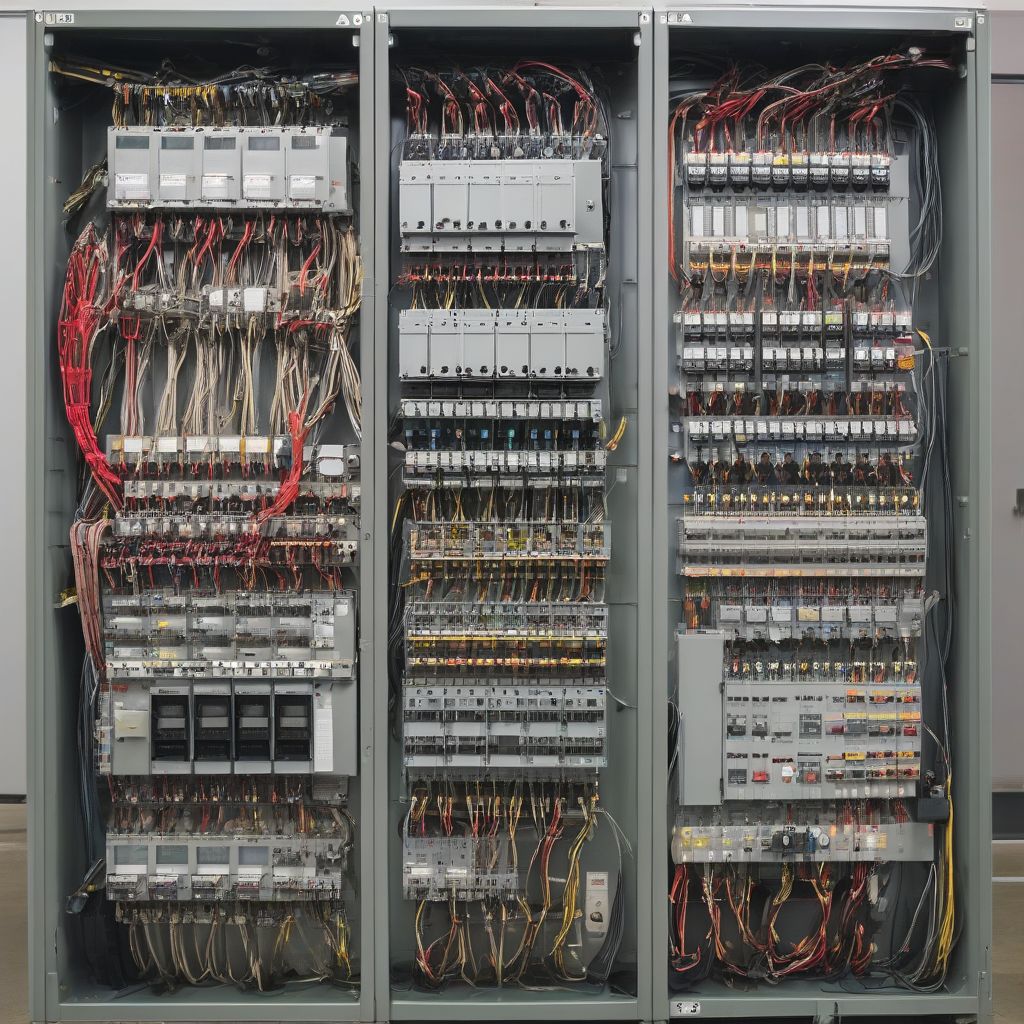Have you ever glanced at your electricity bill and wondered what those “kWh” figures represent? You’re not alone. Understanding kWh (kilowatt-hour) is key to deciphering your electricity usage and ultimately, managing your energy bill effectively.
Demystifying kWh: The Basics
In essence, a kilowatt-hour is a unit of energy. To break it down further:
- Kilowatt (kW): A kilowatt is a measure of power, representing how much energy is being used at a given moment. Think of it like the horsepower of your car engine – a higher kilowatt rating means an appliance can use energy more quickly.
- Hour (h): This is simply a unit of time.
Therefore, a kilowatt-hour (kWh) measures the total amount of energy used over a period of time. One kilowatt-hour is equal to using 1,000 watts of power for one hour.
Example: If you run a 100-watt light bulb for 10 hours, you’ve used 1 kilowatt-hour of energy (100 watts x 10 hours = 1,000 watt-hours = 1 kWh).
giammoantoan.vn/wp-content/uploads/2024/08/electricity-meter-66bc82.jpg" alt="Electricity Meter Reading" width="1024" height="1024">Electricity Meter Reading
Why is kWh Important in Your Electricity Bill?
Your electricity bill is calculated based on the number of kilowatt-hours you consume. The more energy you use, the higher your bill will be. Here’s how it works:
- Electricity Rate: Your electricity provider charges a specific rate per kilowatt-hour (kWh). This rate can vary depending on factors like location, time of day (peak vs. off-peak hours), and your chosen energy plan.
- Total Consumption: Your meter tracks how many kilowatt-hours you use each month.
- Bill Calculation: Your electricity provider multiplies your total kWh consumption by the kWh rate to calculate your final bill.
Common Questions About kWh and Your Electricity Bill
1. How can I find out the kWh usage of my appliances?
Most appliances come with an energy guide label that states their wattage. You can use this information, along with the average time you use the appliance, to estimate its kWh consumption. There are also energy monitoring devices available that can provide real-time data on your appliance usage.
2. What is a typical kWh usage for a household?
Average household electricity consumption varies greatly depending on factors like location, home size, number of occupants, and energy efficiency habits. However, according to the U.S. Energy Information Administration (EIA), the average annual electricity consumption for a U.S. residential utility customer in 2021 was about 10,632 kWh.
3. How can I reduce my kWh consumption and lower my electricity bill?
There are many ways to reduce your energy consumption and save money on your electricity bill:
- Switch to energy-efficient appliances: Look for appliances with high energy star ratings, indicating greater energy efficiency.
- Unplug devices when not in use: Many electronics continue to draw power even when turned off (standby mode).
- Use natural light: Take advantage of sunlight whenever possible to reduce reliance on artificial lighting.
- Improve insulation: Proper insulation can prevent energy loss, reducing the need for excessive heating or cooling.
- Adjust thermostat settings: Heating and cooling are major energy consumers. Adjust your thermostat by a few degrees to save energy.
Conclusion
Understanding the concept of kilowatt-hours empowers you to make informed decisions about your energy usage. By being mindful of your consumption and exploring energy-saving strategies, you can take control of your electricity bill and contribute to a greener future.


